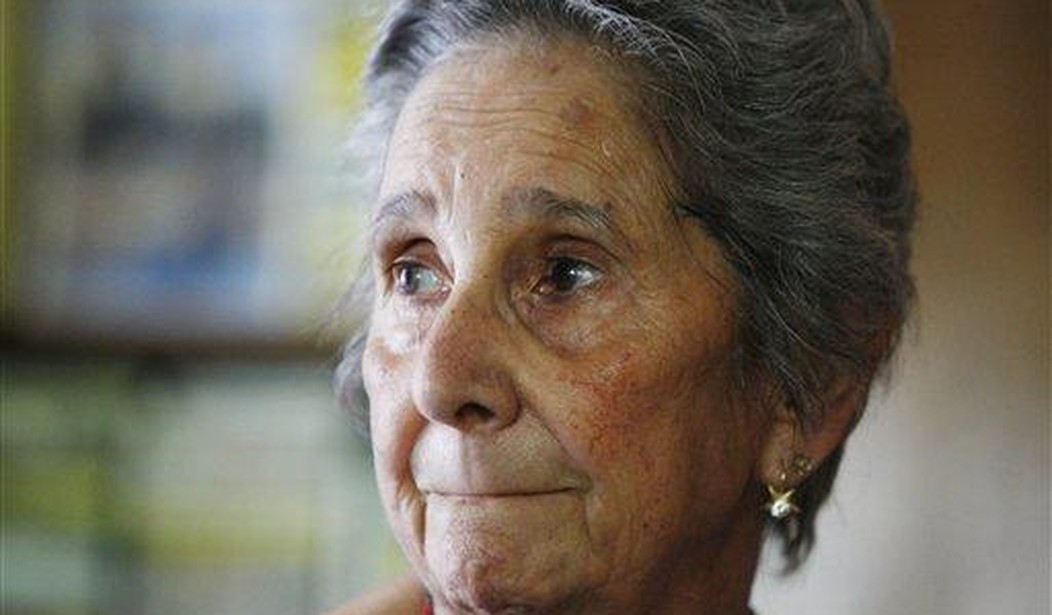One of the most contentious debates roiling Australia for at least the past year has been a referendum on an amendment to the country’s constitution regarding the Aborigine (indigenous) people of the continent. Called the Indigenous Voice to Parliament Act, it would have created a constitutionally mandated advisory panel comprised of Aborigine persons that would be able to advise Parliament on matters specifically related to their people. The nation’s current constitution makes no distinction between Aboriginal people and the descendants of the primarily European settlers who came to power after their arrival. After a great deal of heated debate, the vote finally took place on October 14th and it was rather soundly defeated, with 61% voting against it. Needless to say, the backers of the proposal were more than disappointed. (Associated Press)
Indigenous campaigners who wanted Australia to create an advisory body representing its most disadvantaged ethnic minority have said its rejection in a constitutional referendum was a “shameful act.”
Many proponents of the Indigenous Voice to Parliament maintained a week of silence and flew Aboriginal flags at half-staff across Australia after the Oct. 14 vote deciding against enshrining such a representative committee in the constitution.
In an open letter to federal lawmakers, dated Sunday and seen by The Associated Press on Monday, “yes” campaigners said the result was “so appalling and mean-spirited as to be utterly unbelievable.”
I happen to follow a couple of Australian podcasts (non-political) and I’ve heard this debate come up multiple times. The polling suggested that the proposal was not being well received and the final vote tally seems to bear that out. But the issues surrounding both the “Yes” and “No” campaigns are complex and the reasons many people gave for not supporting the amendment vary considerably.
Not being an Australian, I didn’t have a horse in this race, but I still found it fascinating. If you’d like a significantly deeper dive into the background, you might want to check out this article from The Conversation. The argument from the “Yes” campaign seemed fairly obvious, at least on the surface. They wanted equal or improved rights for Aboriginal people and greater participation in the government. They saw the Indigenous Voice to Parliament as a path toward those goals.
But the “No” campaign seemed to break down into two different groups, each making what seemed to be some very valid points. One of the most common arguments notes that such an act would essentially enshrine racial divisiveness into the Constitution and be divisive among the public. It has also been pointed out that the indigenous people already have all of the same rights as everyone else because the Constitution draws no such distinctions between Australian citizens. The same rules apply to all.
Another group has equally correctly (at least in my opinion) pointed out that the act would have been pointless and cosmetic in nature. If such a committee were to be created, it would have absolutely no formal power. The members could submit “advice” to Parliament, but the legislators could simply choose to ignore them if they disagreed with the advice.
I’ve struggled to find some sort of comparable situation in America’s rules of order. We have the Equal Rights Amendment of course, along with some other guardrails, but none of those are specifically targeted toward one racial subgroup, instead simply forbidding discrimination against anyone on that basis. Or at least that’s the way it was supposed to work, despite many liberals trying to make massive changes to how such “relief” is delivered.
I can definitely understand the feelings of some of the indigenous people on the losing end of this vote. The Aboriginal Australians were certainly treated just as badly, or possibly even worse than the Indigenous Americans were when colonists arrived from the Old World and began setting up shop. (Though not all of the first Australians who came from Europe arrived of their own free will.) But just as it has been in the United States, a lot of progress has been made on that front from the 20th century to the present. And it really sounds as if this proposed amendment could have divided people further rather than uniting them.








Join the conversation as a VIP Member